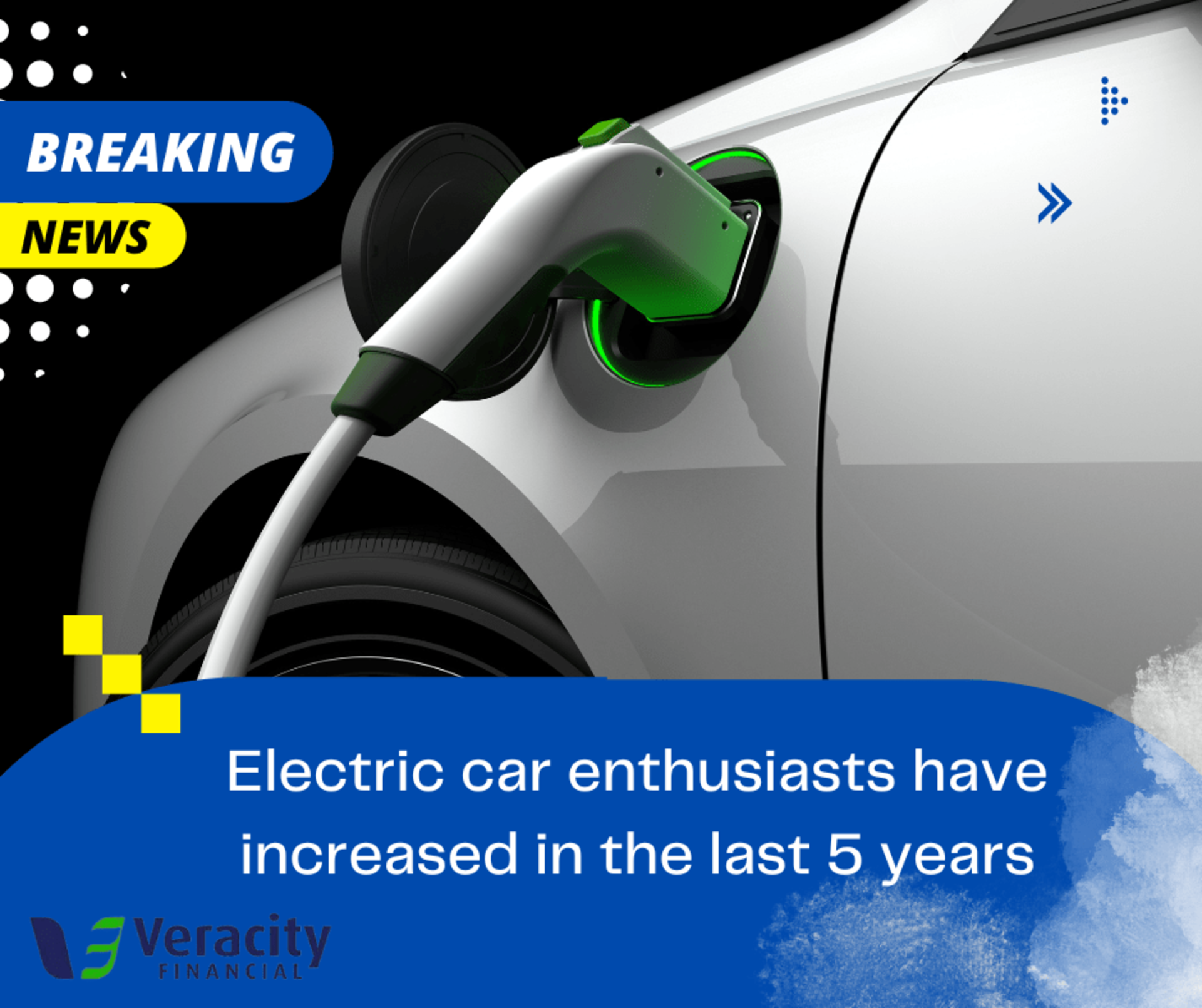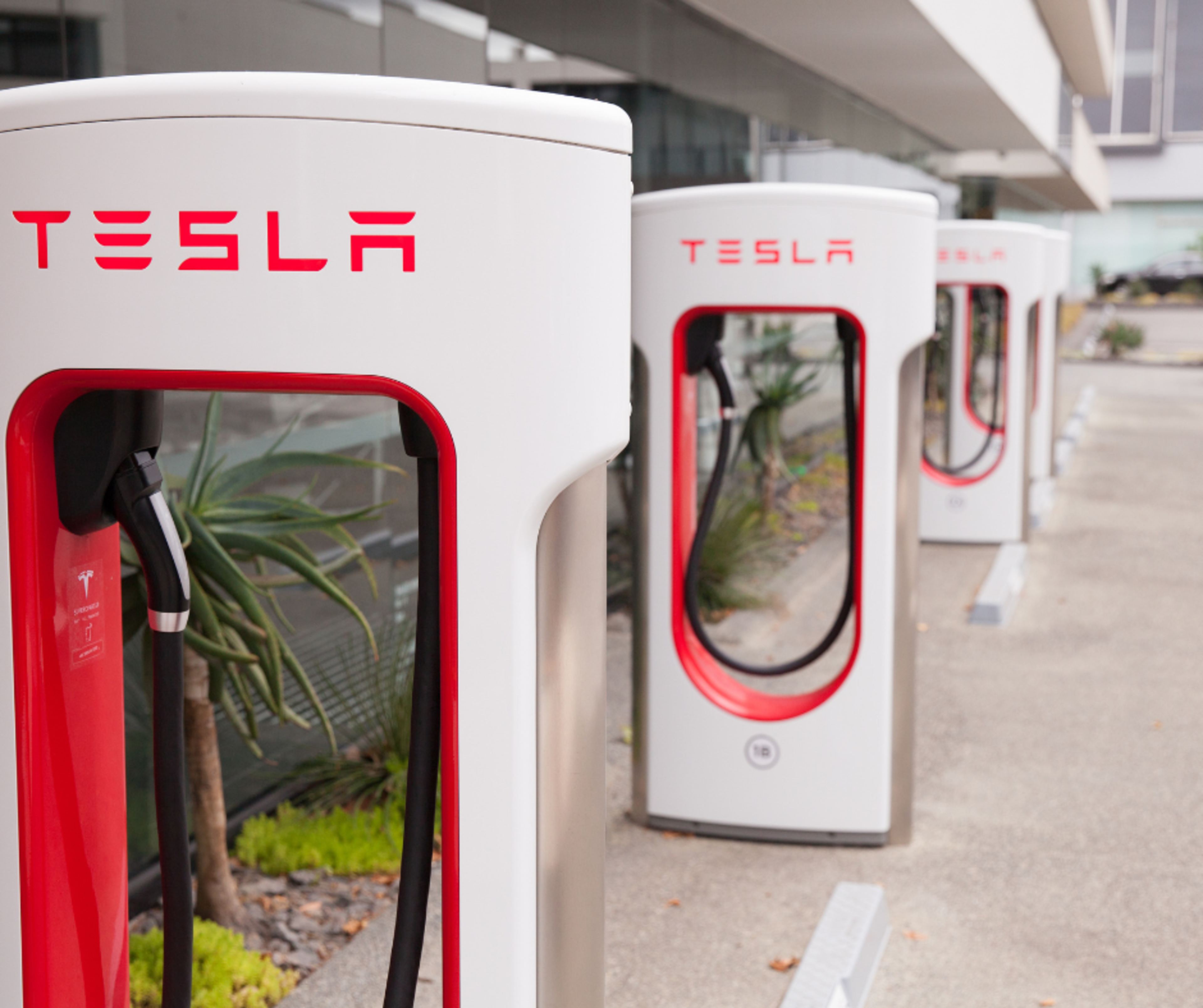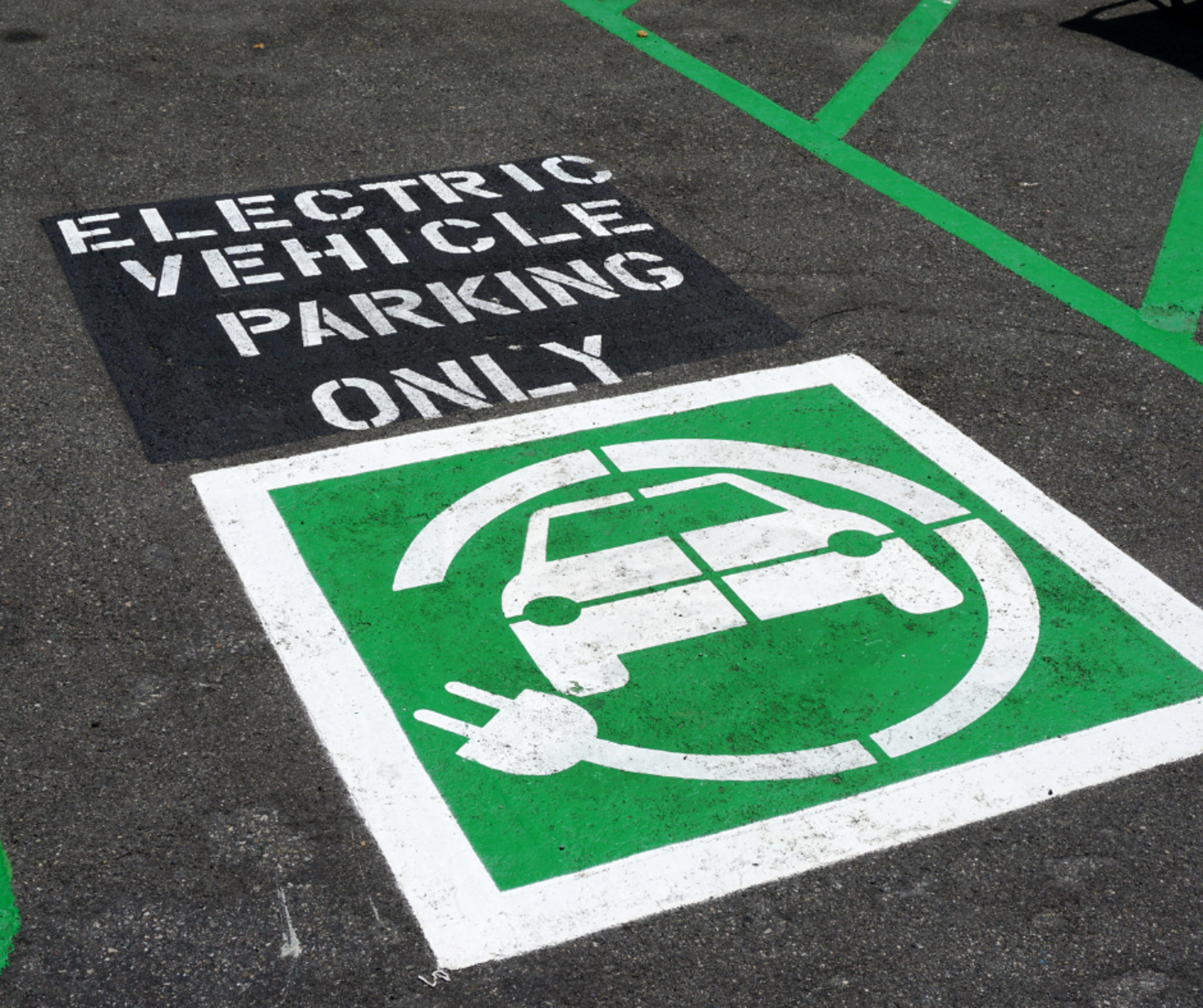
ARE ELECTRIC CARS WORTH IT IN AUSTRALIA?
Are electric cars worth it in Australia?
Electric vehicles are becoming increasingly popular due their many benefits. EV’s emit no pollutants, they’re cheaper to operate and maintain than gas-powered cars/trucks (even when factoring in the initial purchase cost), and you can take them anywhere! All that with a smaller environmental impact-what could be better?
What are electric vehicles?
Electric vehicles are powered by electricity from batteries. The batteries are recharged by plugging the EV into an electrical outlet. EV’s can be powered entirely by renewable energy sources, making them a clean and green transportation option.

What are the benefits of electric vehicles?
EVs are the future of transportation. EVs offer a number of advantages over traditional gas-powered cars, from being better for the environment to having less operating cost and maintenance requirements. Plus they’re powered by clean renewable energy so you can enjoy driving an EV without worrying about harming your carbon footprint!
What are the top 5 EV models?
There are many great EV models on the market today. Here are the top 5:
- The Kia EV6 is a large SUV and has a range of up to 530 km.
- The Nissan Leaf is a affordable EV with a range of up to 240 km.
- The BMW i3 is a stylish EV with a range of up to 320 km.
- The Hyundai Kona is a is a sporty SUV EV with a range of up to 484 km.
- The Tesla Model 3 is a fast and affordable EV with a range of up to 438 km and long range 576 km.
Contact Veracity Financial to get approval for your Caravan or Motorhome on 1300 721 258 or email us on enquiries@veracityfinancial.com.au
We can tailor a finance solution to your individual circumstances using our large panel of lenders who provide discounted rates specially for Asset finance.
Check your Eligibility Now!
Are electric cars worth it in Australia?
With so many great EV models on the market today, there’s sure to be one that meets your needs. Electric vehicles are a clean and affordable way of transportation with no pollutants released into our air or water system which can have negative effects for both human health as well aesthetically depending upon where you live – plus they’re cheaper than gas-powered cars!
What is the downside of electric cars?
There are a few potential downsides to electric cars. One is that they can take longer to charge than petrol cars. Another is that the range of electric cars is often shorter than the range of petrol cars. And finally, electric cars can be more expensive to purchase than petrol cars.
However, these downsides are often outweighed by the many benefits of electric cars. Electric cars are cheaper to operate and maintain than petrol cars, they have a smaller environmental impact, and they emit no pollutants. Electric cars are definitely worth it in Australia!
What is the lifespan of an electric car?
The lifespan of an electric car is typically around 10 years or 200,000 km. However, this can vary depending on the make and model of the car. For example, Tesla cars are designed to last for up to 1.5 million km.
What happens if my electric car runs out of battery?
If your electric car runs out of battery, you will need to charge it before you can continue driving. This can take some time, so it is important to plan ahead and make sure you have a place to charge your car. There are many public charging stations available, so you should be able to find one near you. However, if you are in a rural area or somewhere without a public charging station, it is important to have a backup plan. You may want to consider purchasing a portable charger that you can keep in your car. That way, if you do run out of battery, you will be able to charge your car and continue on your way.
How many hours does it take to charge an electric car?
It typically takes around 4-8 hours to charge an electric car. However, this can vary depending on the make and model of the car. For example, Tesla cars can be charged much faster than other electric cars.
Are electric cars safe?
Yes, electric cars are just as safe as petrol cars. In fact, they may even be safer since they don’t emit pollutants that can be harmful to your health.
What is the best EV to buy in 2020?
There are a number of great EV models on the market today. If you are looking for an affordable EV, the Nissan Leaf is a great option. If you are looking for a fast EV, the Tesla Model S is a great choice. And if you are looking for a stylish EV, the BMW i3 is a great option.
Can you plug an electric car into a regular outlet?
No, you cannot plug an electric car into a regular outlet. Electric cars require a special type of charger in order to charge. However, there are many public charging stations available, so you should be able to find one near you. And if you are in a rural area or somewhere without a public charging station, it is important to have a backup plan.
What is the range of an electric car?
The range of an electric car varies depending on the make and model; for example a Nissan Leaf has 240 km while Tesla Model S’ 438kms! So do your research before choosing which type will work best with yours-or even just go ahead give them all consideration because there really isn’t any downside other than paying more upfront costs (which most people end up saving money).
Can you charge an electric car in the rain?
Yes, you can charge an electric car in the rain. However, it is important to make sure that the charging port is covered and protected from the elements. And if you are using a public charging station, it is important to check that the station is weatherproof and designed for use in the rain.
How much does it cost to charge an electric car?
The cost to charge an electric car varies depending on the make and model of the car, as well as the type of charger being used. For example, the cost to charge a Tesla Model S with a Supercharger is $0.26 per kilowatt hour, while the cost to charge a Nissan Leaf with a Level 2 charger is $0.15 per kilowatt hour. So, if you are considering an electric car, definitely do your research and explore all of your options.

Do electric cars actually save you money?
Yes, electric cars actually save you money. When you compare the cost of running an electric car to the cost of running a petrol or diesel car, you will find that electric cars are much cheaper to operate. For example, the cost of charging a Tesla Model 3 for 100 km is $7.00 at super chargers and charging at home is $3.50 during peak hours and $2.00 during off peak hours, while the cost of filling up a petrol car for 100 km is approximately $19. So, if you are considering an electric car, definitely do your research and explore all of your options.
How much cheaper is it to run an electric car than a petrol car?
Electric cars are around 70% cheaper to run than petrol cars.

How many public charging points are there in Australia?
According to the Australian EV Association, there are over 3,000 public charging points across Australia.
How many public charging points are there in Victoria?
According to the Australian EV Association, there are over 500 public charging points in Victoria.
How many public charging points are there in Wyndham?
There are six public EV charging points in Wyndham. They are located at the following locations:
- Wyndham Leisure & Events Centre
- AquaPulse
- Werribee Open Range Zoo
- Wyndham Vale VLine Station
- Manor Lakes Central Shopping Centre
- Werribee South Reserve
How many public charging points are there in Geelong?
There are ten public EV charging points in Geelong. They are located at the following locations:
- Eastern Beach Reserve
- Rippleside Park
- Cunningham Pier
- 10 Moorabool Street
- Geelong Botanic Gardens
- Geelong Library and Heritage Centre
- Johnstone Park
- Kardinia Aquatic Centre
- Littlejohn Street Reserve
- Queens Park
How many public charging points are there in Melbourne?
- Monash University Clayton Campus
- The University of Melbourne
- RMIT University
- La Trobe University
- Swinburne University of Technology
- Royal Melbourne Hospital
- St Vincent’s Hospital
- Epworth Healthcare
- Box Hill Hospital
- Caulfield Racecourse Reserve
- Albert Park Lake
- Yarra Bend Park

